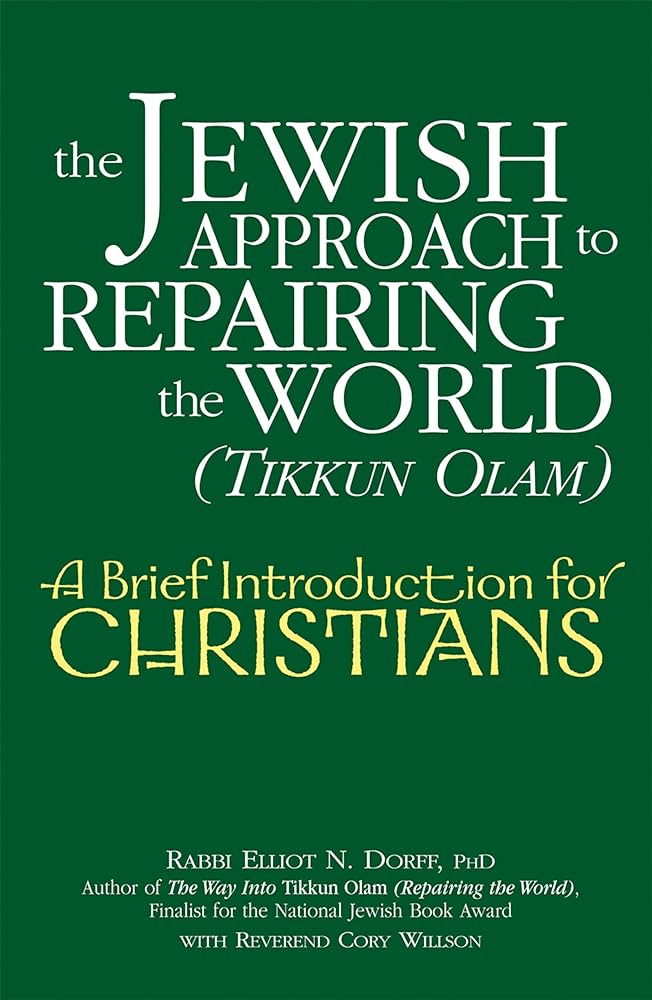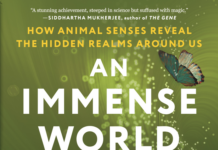Tikkun olam—repairing the world. Quite a task! Yet this is precisely the goal that the Jewish tradition sets for our lives. This gives us a mission and thereby lends meaning to our lives. It also imposes a heavy burden on each of us every day. We may certainly take time to enjoy ourselves, our families, our work, and our play, but throughout our lives we must dedicate at least part of our time, energy, and resources to improving the lot of others.
==========
Classical Jewish sources depict our duties as a series of concentric circles, with primary duties to ourselves, our family, our local community, the larger Jewish community, and then the world at large.
==========
Simeon the Just … used to say: The world depends on three things: on Torah, on worship, and on acts of loving-kindness [gemillut hasadim]. —M. Avot 1:2
==========
Rabbi Simeon ben Gamliel says: The world depends on three things, on justice [ha-din], truth, and peace, as the Bible says, “Judge in your gates truth and justice [u’mish-pat] and peace” (Zechariah 8:16). —M. Avot 1:18
==========
God’s sovereignty also requires us to take care of the world that God has entrusted to us. For example, because God owns our bodies, we have a fiduciary duty to God to take care of them through proper diet, exercise, hygiene, and sleep, even if we would rather eat too much and sleep too little. Conversely, we have a duty to God to avoid endangering ourselves unnecessarily, a duty that modern rabbis have used to prohibit smoking and hallucinatory drug use. Both the positive and negative parts of our responsibility to take care of God’s creation—that is, the duties to fix what is broken and to avoid damaging activities in the first place—also apply to the environment, the topic of another book in this series.
It is important to note that for both Judaism and Christianity, God’s ownership of the world does not necessarily mean that we should divest ourselves of all our assets or that poverty is the ideal. Judaism has certainly denied this, for it has a keen understanding of the indignity involved in poverty, and it imposes limits on how much of your assets you may give away lest you fall into poverty yourself. Poverty is not a crime in the Jewish tradition, as it was in England and other countries that had debtors’ prisons, but it is not the ideal either. You should try to earn enough to sustain yourself and your family and also give some of your resources to those in need.
Christianity comes closer to seeing poverty as an ideal; indeed, Catholic priests belonging to orders to this day are required to take a vow of poverty. New Testament passages such as these support such a view: No one can serve two masters; for a slave will either hate the one and love the other, or be devoted to the one and despise the other. You cannot serve God and wealth. —Matthew 6:24




